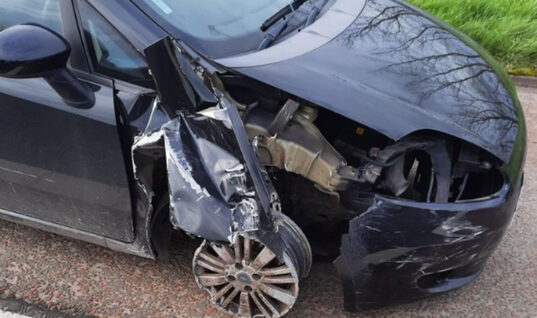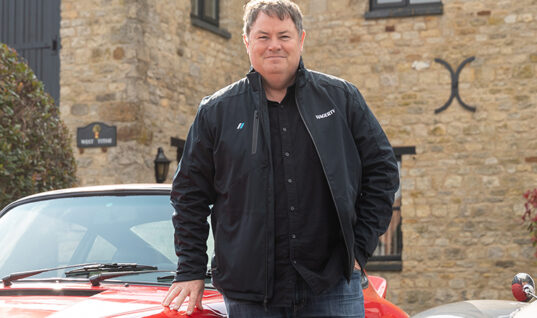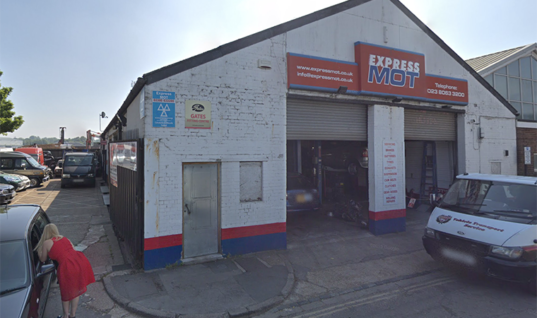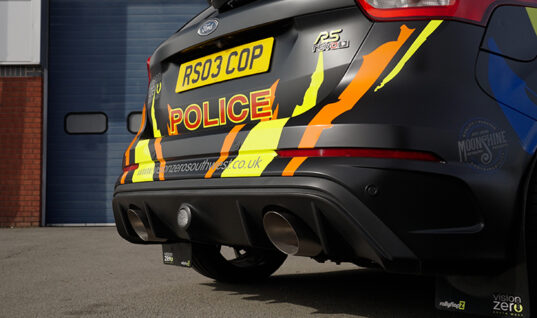Newer starters are capable of many advanced functions, including stop/start capability, and are essential to improving engine performance and reducing fuel consumption.
As a result, technicians who can demonstrate a complete understanding of the engine part can offer an excellent service and play a part in driving customer loyalty.
Starter turns engine too slowly
Ensure the battery is fully charged (12.6 volts) and battery cables, terminals and case are all in a good, clean condition; if this is the case, there are two possible causes.
Excessive engine oil viscosity, particularly in cold weather environments, will reduce the ability of the engine to rotate and negatively impact the starter’s performance capability.
Secondly, engine modifications can also change the operating characteristics of the engine.
If modifications have been performed the starter should be replaced with one matched to the new operating characteristics of the engine.
Starter fails to crank engine
Ensure that all the circuit connections and contacts, battery connections and cables are clean and secured properly; the starter is designed to turn at a specified rotational speed to crank the engine.
If there is a high resistance somewhere in the starting control circuit, or the battery connections or cables are corroded or dirty, this will cause the starter to turn slower than the specified rotational speed.
Starter rotates without rotating engine
Check all teeth on the flywheel or flexplate ring gear to see if they are excessively worn, damaged or missing. 
Inspecting the flywheel or flexplate ring gear teeth can be performed through the starter mounting port if an inspection plate on the bell housing is not available.
A defective starter drive assembly could cause similar symptoms as a damaged flywheel or flexplate.
If the starter pinion gear meshes properly with the flywheel or flexplate ring gear and does not rotate, the starter should be inspected for mechanical wear or damage.
Magnetic switch operating noise?
If clicking is heard when activating the starter control circuit and the starter does not rotate, the magnetic switch may not be receiving the voltage necessary to be fully activated.
Check the starter control circuit for failed or damaged components and wiring, and loose, dirty or corroded connections.
If the magnetic switch is receiving proper voltage, the magnetic switch may have burnt contacts.
If the magnetic switch does not make any operating noise when activated and the starter does not rotate, the magnetic switch may be defective due to malfunction of pull-in coil or plunger.
Both may require starter replacement.
Audible noise when trying to start the engine?
Audible noise may be associated with physical damage to the flywheel or flexplate.
Inspect the flywheel or flexplate completely for cracks, dents, roundness balance, and any other abnormalities.
An inoperable starter magnetic switch or a damaged starter may also cause audible noise.
Follow the vehicle manufacturer’s procedures and safety precautions to inspect the starter.
For further information about DENSO Aftermarket, click “more details” below.







